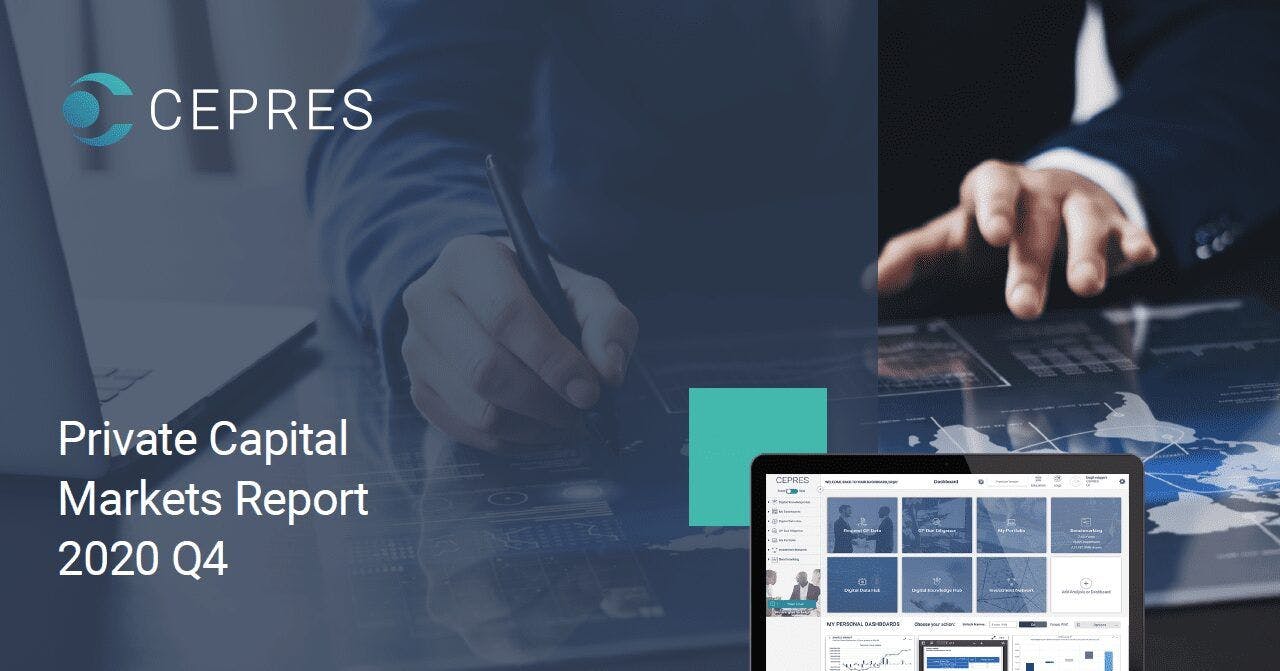US Macroeconomy
According to initial estimates from the US Commerce Department, Q4 2020 GDP grew at an annualized 4%, and full-year GDP contracted by 3.5% making 2020 the worst year for the US economy since the end of World War II. A recession took hold of the US economy in February 2020 as the country went into lockdown before the WHO ultimately declared Covid-19 a pandemic the following month. The sharpest economic contraction was in Q2 2020 when GDP collapsed by 31.4%. However, it then rebounded sharply by 33.4% in Q3, after most lockdowns were lifted and economic activity resumed.
The 4% GDP expansion in Q4 was driven by increases in consumer spending, exports, nonresidential fixed investment, residential investment, and inventories, with consumer spending being the single largest contributor to the US economy at 68% of all economic activity. However, GDP expansion was weighed down by declines in government spending at the federal, state, and local levels. Specifically, consumer spending increased by 2.5%, exports rose by 22% and gross private domestic investment surged by 25.3% while government spending contracted by 1.2% that was primarily due to an 8.4% decline in non-defense spending.
During a tumultuous fourth quarter, some American voters vocally, and even violently, challenged both the outcome of the election held in November and the US institution of the democratic election process. This bitter divisiveness was exacerbated as the outgoing White House administration refused to acknowledge defeat, driving a deeper wedge between citizens. These developments—and distractions—largely prevented the country from implementing an effective strategy to battle COVID-19, resulting in a rise in cases and subsequent deaths during the winter flu months. This also created many roadblocks for efficiently rolling out vaccinations, which has likely held back economic growth in the fourth quarter.
